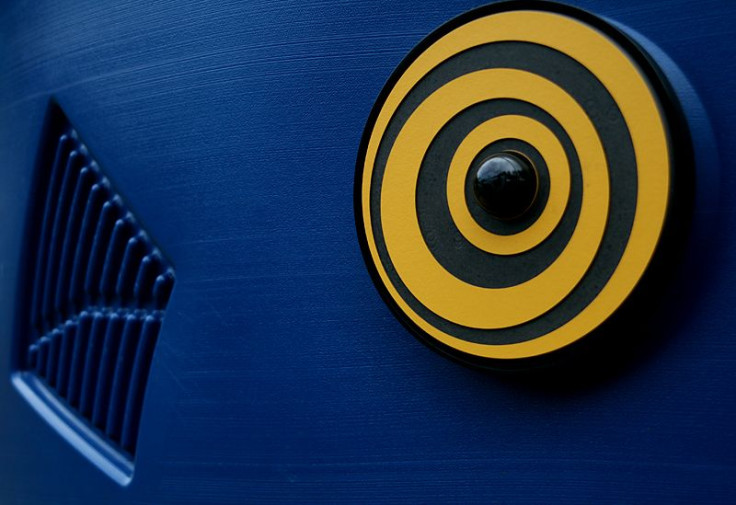Florida School To Pay $600K Over Ousted Principal's Hypnosis Sessions Linked To 3 Student Deaths

A strange four-year-long saga involving three dead teenagers and a forcefully retired Florida high school principal, who often practiced hypnosis on his students, has finally reached an end of sorts.
As reported by the Herald-Tribune, the Sarasota County School District voted Tuesday night to pay out $200,000 to each of the three teenagers’ families in order to settle a civil lawsuit brought against the district, as the families were unable to directly sue former North Port Principal George Kenney for damages.
Kenney had used hypnosis on 16-year-old Wesley McKinley the day before the teen boy committed suicide in April 2011. A subsequent investigation by the school district later found that he had also hypnotized 17-year-old Brittany Palumbo shortly before her own suicide in 2011. He also reportedly taught 16-year-old Marcus Freeman self-hypnosis techniques — techniques that may have been used just prior to him being behind the wheel of a fatal car accident, also in 2011.
Up until McKinley’s suicide, which prompted the school’s investigation, Kenney had hypnotized as many as 75 people since 2006, including students and staff members. For those like Freeman, a quarterback for the North Port High School football team, and a basketball student who was hypnotized 30 to 40 times, these sessions were ostensibly meant to help the students’ concentration.
“I would say that he was in a distant phase. He wasn't all there mentally, it seemed like, after the sessions,” McKinley’s friend Thomas Lyle said in a deposition collected over the course of the civil case, which would have gone to trial on Oct. 12. McKinley, according to Lyle, was hypnotized by Kenney at least three times.
Brittany Palumbo’s parents similarly stated that their daughter was given hypnosis sessions after she had been informally diagnosed with test anxiety by Kenney. Despite assurances that it would improve her SAT scores, the sessions apparently failed to do so and Palumbo’s mental state deteriorated afterwards.
As Slate's Ben Mathis-Lilley astutely points out, there isn’t direct evidence tying the use of hypnosis to an increased risk of suicide ideation, but it certainly has been implicated in past mental health scandals.
Research psychologists like Dr. Elizabeth Loftus have noted that hypnosis and other suggestive techniques can be used to induce false memories in a susceptible person under the guise of supposedly recovering repressed memories — “pseudomemories” which have extended from alien abduction to ritualistic satanic abuse.
How Kenney actually practiced hypnosis in his sessions may forever remain a mystery, though it is known that he wasn’t licensed to do so, and that the school district had warned him several times not to use it on students without explicit permission and only in the context of a demonstration in a psychology class — warnings that Kenney ignored.
In 2012, he pled no contest to two misdemeanor charges, including practicing hypnosis without a license, allowing him to serve one year of probation. It was the same year that he formally resigned from his position. In 2013, he was pressured to give up his teaching license for good.
Despite these repercussions, and the subsequent settlement, the families of Palumbo, McKinley, and Freeman do not feel entirely satisfied.
“It's something they will never get over. It's probably the worst loss that can happen to a parent is to lose a child, especially needlessly because you had someone who decided to perform medical services on kids without a license,” said Damian Mallard, the families’ lawyer. “He altered the underdeveloped brains of teenagers, and they all ended up dead because of it.”



























